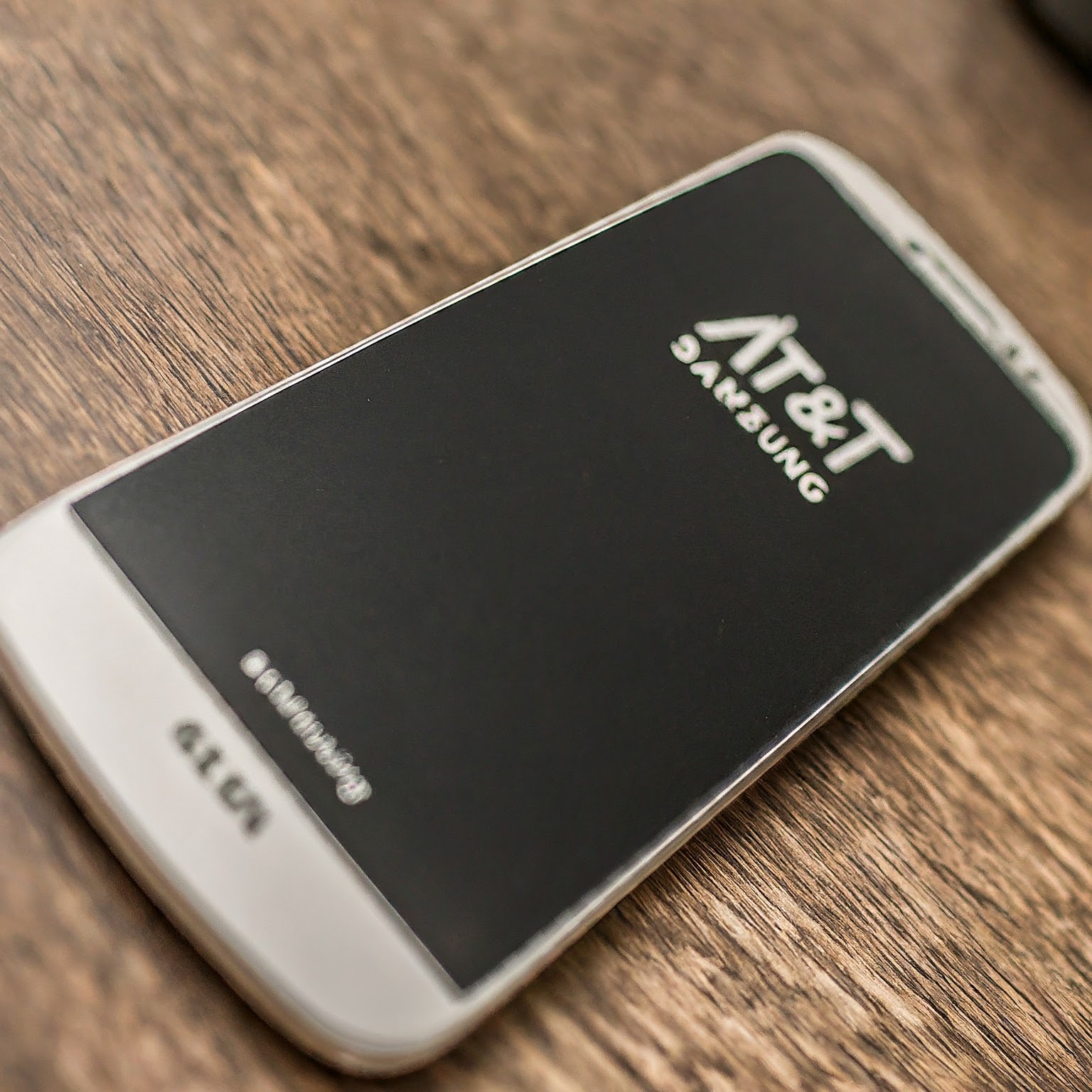For many living in remote or rural areas, access to reliable internet can feel like a distant dream. Traditional cable and fiber optic options often aren’t available, leaving residents scrambling for solutions. This is where AT&T Satellite Internet comes in, offering a potential lifeline to the online world. However, before you sign on the dotted line, it’s crucial to understand the ins and outs of this service.

Does AT&T Actually Offer Satellite Internet
While the name might suggest otherwise, AT&T itself doesn’t directly provide satellite internet. In the past, AT&T partnered with Wildblue to offer satellite service in certain locations. However, that partnership has ended.
The good news is that there are still satellite internet options available in many rural areas. Providers like Viasat, HughesNet, and Exede offer satellite internet service across the United States.
Here’s the key takeaway: If you’re looking for AT&T Satellite Internet, you won’t find it directly from AT&T. However, there are alternative satellite providers that might be available in your location.
Understanding Satellite Internet Technology
Satellite internet relies on a network of satellites orbiting the Earth. Users install a dish antenna on their property, which communicates with these satellites to send and receive data signals. While it offers internet access in remote locations, there are some inherent limitations to consider:
- Latency: Satellite signals travel a much longer distance compared to cable or fiber optic, resulting in higher latency. Latency refers to the delay in data transmission, which can be problematic for real-time applications like online gaming or video conferencing.
- Data Caps and Throttling: Satellite internet providers often have data caps, limiting the amount of data you can use each month. Exceeding these caps can result in throttling, where your internet speed is significantly reduced.
- Weather Dependence: Satellite signals can be affected by bad weather conditions like heavy rain or snowfall, leading to signal degradation and potential outages.
Considering AT&T Fixed Wireless Internet as an Alternative
While AT&T Satellite Internet isn’t a direct option, AT&T offers a fixed wireless internet service called AT&T Internet Air. This service utilizes cellular towers to deliver internet access to homes. It might be a viable alternative to satellite internet in some areas, especially those with good AT&T cellular coverage.
AT&T Internet Air offers some potential advantages over satellite internet:
- Lower Latency: Fixed wireless typically has lower latency compared to satellite internet, making it more suitable for real-time applications.
- Potentially Faster Speeds: Depending on your location and signal strength, AT&T Internet Air might offer faster internet speeds than satellite options.
However, there are also some drawbacks to consider:
- Limited Availability: AT&T Internet Air is still in its early stages and isn’t available in all areas.
- Data Caps Still Apply: AT&T Internet Air also comes with data caps, so careful monitoring of your usage is necessary.
Finding Out What Internet Options Are Available in Your Area
Since AT&T Satellite Internet isn’t directly offered and AT&T Internet Air has limited availability, the crucial first step is to determine what internet options are available at your address. Here’s how you can do that:
- Visit the websites of major internet providers: Satellite providers like Viasat, HughesNet, and Exede offer online tools to check service availability at your address. Additionally, you can check the availability of AT&T Internet Air on the AT&T website.
- Contact local internet service providers (ISPs): Smaller, regional ISPs might offer internet services in your area, so contacting them directly is worthwhile.
Choosing the Right Internet Service Provider (ISP)
Once you have a clearer picture of the available internet options, it’s time to choose the right ISP. Here are some factors to consider:
- Coverage: Does the ISP offer service in your specific location?
- Speed: What internet speeds are offered by the different plans?
- Data Caps and Throttling: What are the data caps and throttling policies?
- Pricing: Compare the monthly costs of different plans, including any equipment rental fees.
- Customer Reviews: Research online reviews and customer feedback about the different ISPs to get an idea of their reliability and customer service.
The Future of Rural Internet Access
The lack of reliable and affordable internet access in rural areas remains a significant challenge. While AT&T Satellite Internet isn’t a direct option anymore, advancements in technology offer some hope for the future. Here are some trends to watch.